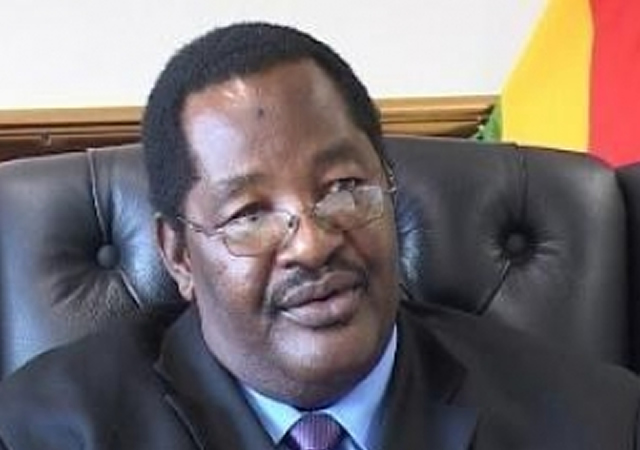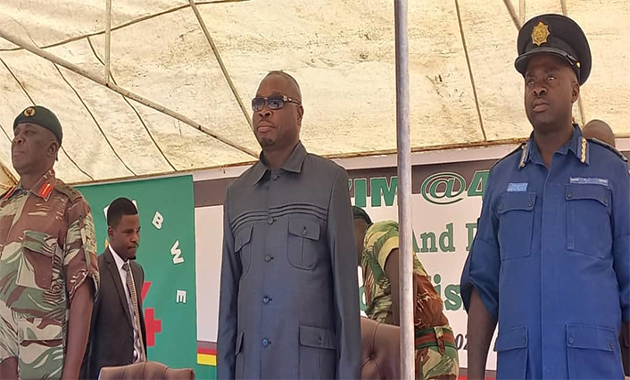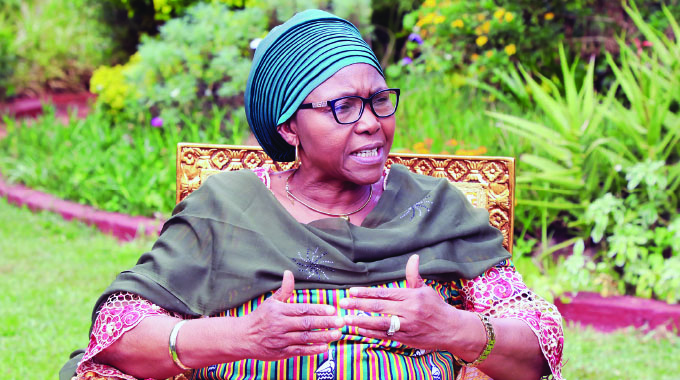South Africa rakes in R210m from Zimbabweans

Pamela Shumba Senior Reporter
WITHIN a three-month period ending on December 31, South Africa would have raised R210 million (US$21m) from Zimbabweans desperate to keep their jobs in that country.
That is the cost to 242,000 Zimbabweans eligible to apply to renew their four-year work permits under a special dispensation called the Zimbabwe Special Permits (ZSP).
Already, South Africa’s Home Affairs Department chief director for permits, Jack Monedi, has revealed that 195,000 applications had been received as of November 1, with each applicant being made to pay R870.
“In October, we received up to 5,000 applications a day and therefore the department is confident that we will reach the target of processing 242,000 applications by the end of November,” Monedi said.
In recent days, Monedi said, the figure had increased to 7,000 as the process gathered momentum.
South Africa, which originally opened the special work permit programme in 2010 to deal with an influx of economic refugees from Zimbabwe, is refusing to invite new applications.
Zimbabwean campaign groups in South Africa say as many as a million of their compatriots who shied away from applying four years ago over suspicions around the programme, would come forward if fresh applications were to be invited.
Gabriel Shumba, the director of the Zimbabwe Exiles Forum, says R870 is an unfair tax on the Zimbabweans, who have various other payments to make in order to put their applications in order.
“We’re talking about people, some of who are barely surviving on their net salaries, having to fork out R870, on top of paying tax to the government. A lot of them are already paying the police to obtain criminal record clearances. We’ve cases of those using the online application system who were swindled by internet café owners after being given false Home Affairs account details. The process could have been made much simpler,” Shumba said.
The majority of the applicants, he says, work in the hospitality industry, the security sector and farms. The lowest taxable income is R5,000.
Questions remain over the exact number of Zimbabweans eligible to apply for the new permits. Shumba says the 242,000 are only those who were granted, but the applicants in 2010 were over 275,000 — and those denied permits four years ago are free to apply now.
Monedi, however, said only those who qualified then, or applied but failed for “technical reasons” to secure special status at the time, are eligible for the new permits.
Zimbabwean groups campaigned but have now conceded defeat in trying to get the South African government to call for fresh applications.
Says Shumba:
“What we’d have wanted would’ve been to have the process opened to everyone for the mere reason that previously, there were bottlenecks that were never circumvented when that process was concluded, one of which is there were massive queues which made it impossible for everyone to participate (in 2010).
“The other one is that not all Zimbabweans were able to obtain the necessary documentation, beginning with the passport, and letter from the employer which were requirements. They only liberalised the process towards the end, it was only two weeks before the close that they said you can come as long as you’re Zimbabwean.
“We’re meeting the same problem now. We’ve over 15 teachers from Orange Farm who were refused letters by their employer to confirm employment. It’s not just a letter required this time, but an affidavit. It appears they were under an exploitative regime, the employer is scared of giving them affidavits because that would expose him for failing to remit some statutory obligations to the government.”
Monedi said all successful applicants should receive their new permits by the end of April next year, allowing them to remain in the country until the end of 2017.










Comments